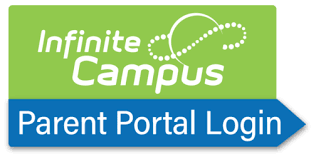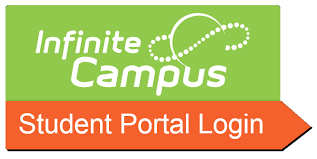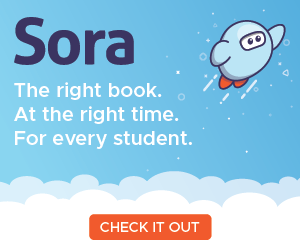National Speech-language Pathologist Day!
Help us celebrate Mrs. Davye Heine and Mrs. Kellyn Robinson!
Drop some thank you's in the comments for this fabulous duo of Speech-language pathologists.
These ladies help our students with their confidence in their ability to speak.
Speech-language pathologists, also called SLPs, are experts in communication.
SLPs work with people of all ages, from babies to adults. SLPs treat many types of communication and swallowing problems. These include problems with:
Speech sounds—how we say sounds and put sounds together into words. Other words for these problems are articulation or phonological disorders, apraxia of speech, or dysarthria.
Language—how well we understand what we hear or read and how we use words to tell others what we are thinking. In adults, this problem may be called aphasia.
Literacy—how well we read and write. People with speech and language disorders may also have trouble reading, spelling, and writing.
Social communication—how well we follow rules, like taking turns, how to talk to different people, or how close to stand to someone when talking. This is also called pragmatics.
Voice—how our voices sound. We may sound hoarse, lose our voices easily, talk too loudly or through our noses, or be unable to make sounds.
Fluency—also called stuttering, is how well speech flows. Someone who stutters may repeat sounds, like t-t-t-table, use "um" or "uh," or pause a lot when talking. Many young children will go through a time when they stutter, but most outgrow it.
Cognitive communication—how well our minds work. Problems may involve memory, attention, problem-solving, organization, and other thinking skills.
We are #PutnamProud of you! Thank you for helping our students succeed!


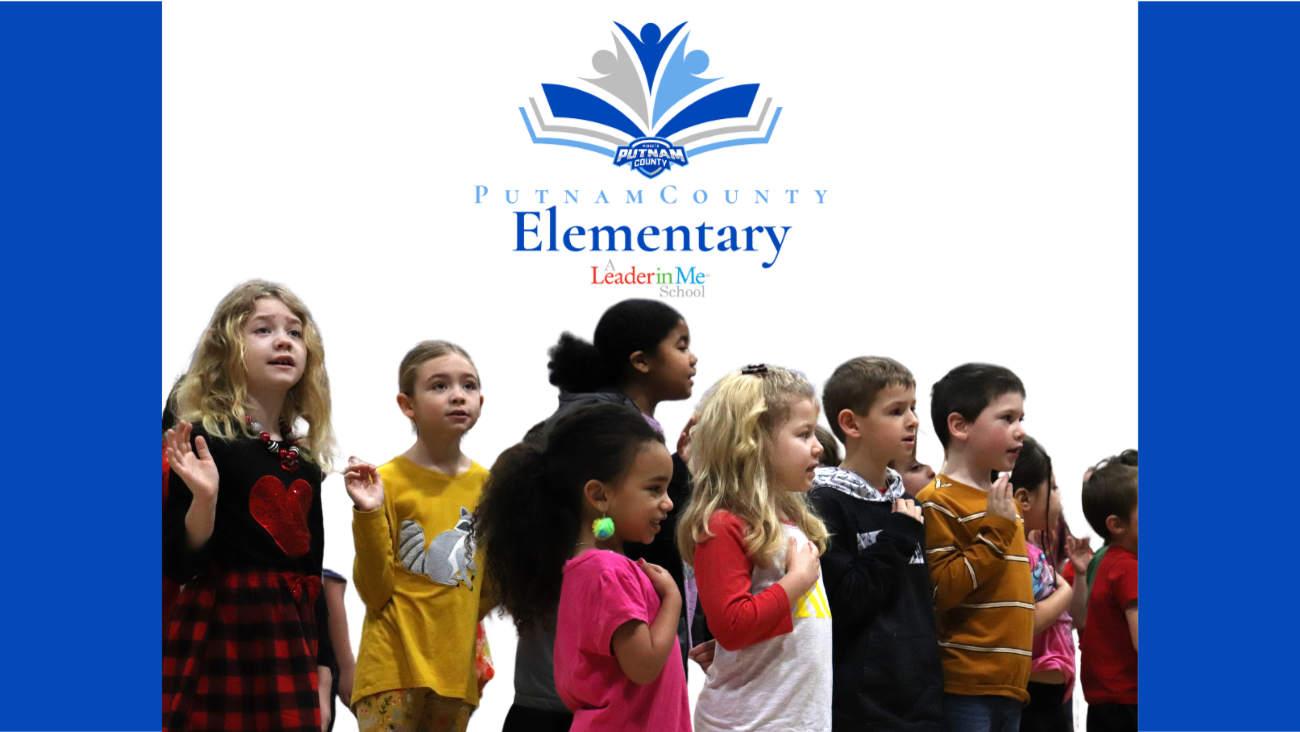
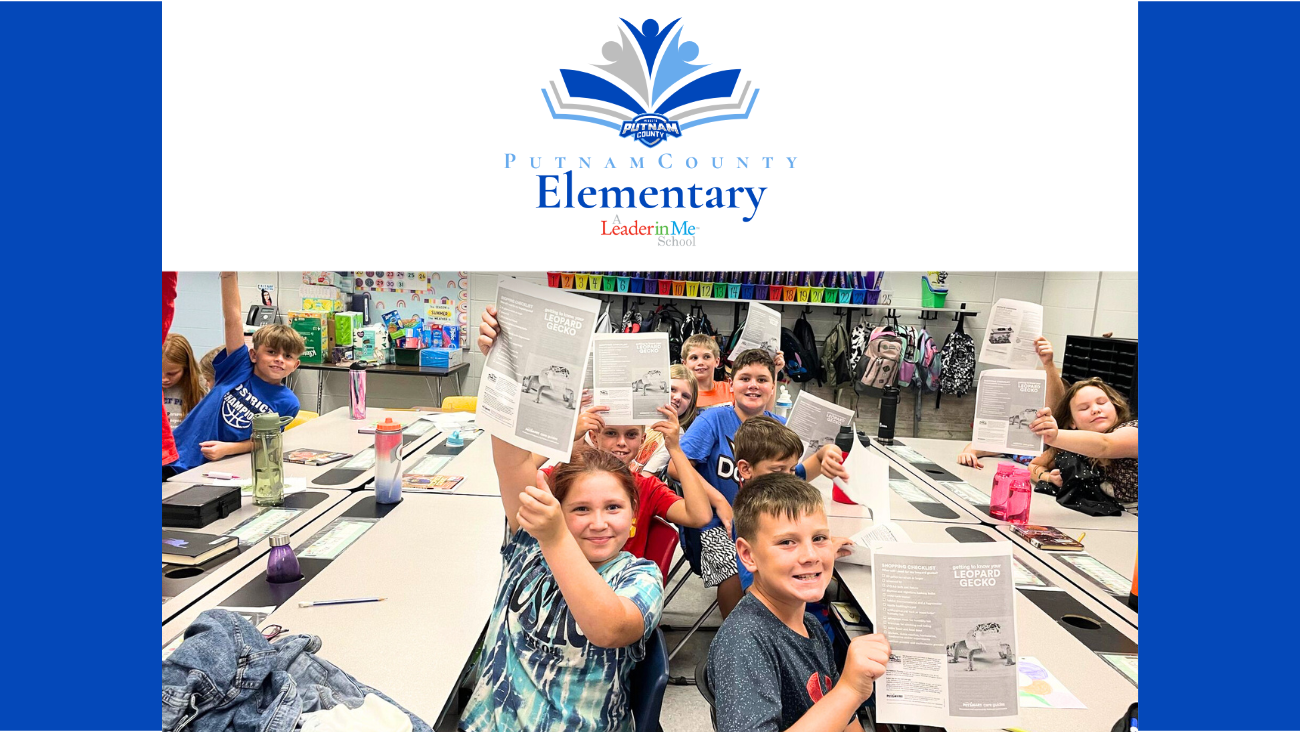

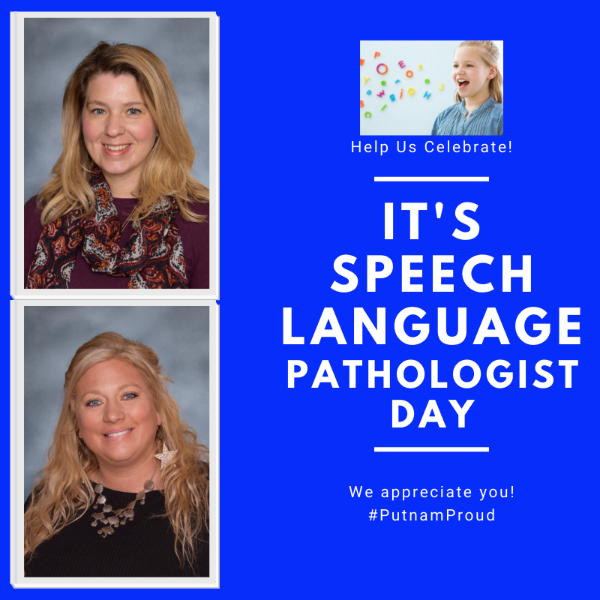 Launch the media gallery 1 player
Launch the media gallery 1 player.png)
